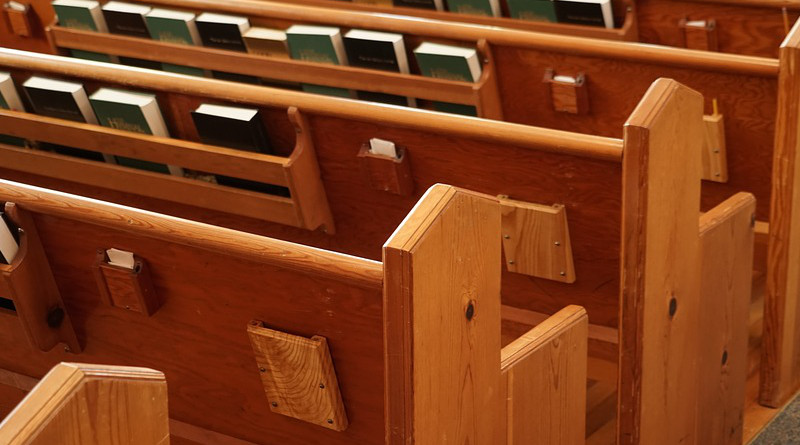Miscast And Christian: The Legacy Of Rowan Williams – OpEd
The legacy of Dr Rowan Williams, who has announced his resignation of the post of Archbishop of Canterbury effective later this year, will be a long debated one. The range of reactions was nothing short of astonishing, suggesting the enormity of the role, and the complexities Williams faced. ‘Rowan Williams failed as Archbishop of Canterbury’, surmised the Guardian (Mar 16) ‘because the job prescriptions makes success impossible’.
One consistent theme kept popping up – the sheer enormity of the task he had been saddled with, its Sisyphean dimensions. The Telegraph was impressed by the way Williams held the Anglican communion of some 77 million individuals together, even if haphazardly. The Episcopalian Church of America and a vocal set in the Church of England were open to gay priests and bishops. Furious opposition was expressed by the evangelicals and those in the more conservative branches of the church who have threatened to turn schismatic. There have been moves to establish an Anglican Covenant that would inflict punishments on those provinces that dared ordain homosexual bishops. Gordon Rayner and John Bingham, writing in the Telegraph (Mar 16), were almost scolding in how Williams tried to ‘placate all sides of the Church, never grasping the simple truth that you cannot please all of the people all of the time.’
The Daily Mail, hardly Britain’s finest voice of reason, described Williams rather condescendingly as ‘a good and holy man who is liked and admired by almost everyone.’ (Immediately, one waits for the catch, the stab, the qualification.) ‘Yet he was miscast in the role, which he certainly did not seek.’ He had been ‘unworldly’, ‘vague’ and ‘obsessed by liberal causes.’ No, instead, Stephen Glover of the Mail would suggest that being Master of Magdalene College, Cambridge ‘will be more to his liking, and in keeping with his talents.’ The picture painted is one of a brilliant, bumbling man who might have been able to converse in flawless Russian to Orthodox prelates, but struggle with the administrative burdens of his post. Welcome to the silent groves of academe.
There have been very warm tributes, many from colleagues who had directly worked with him. The Archbishop of Wales, Dr Barry Morgan, was particularly praising with his comment that Williams had been ‘the most able Archbishop of Canterbury for centuries’.
Williams acknowledged the vast problems of office himself. ‘The worst aspects of the job, I think, have been the sense that there are some conflicts that won’t go away, however long you struggle with them, and that not everybody in the Anglican Communion or even in the Church of England is eager to avoid schism or separation’ (The Independent, Mar 17). In terms of those willing to assume the position, the Ugandan-born John Sentamu is firm favourite. Whether he succeeds to keep the Anglican communion afloat, or preside over its gradual disintegration, remains to be seen. As Williams himself has observed, his successor will indeed need the constitution of an ox to prevail.

